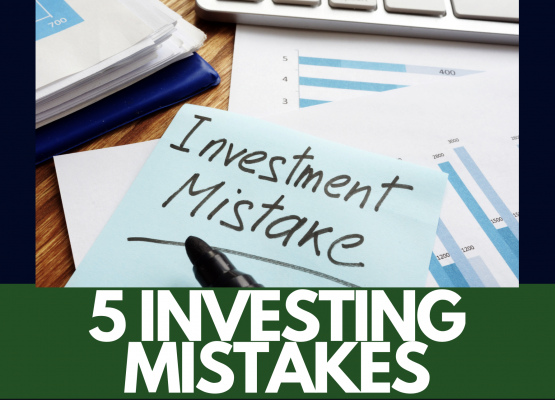Engaging the services of a stock broker or financial advisor can be a monumental step in your journey towards financial stability and success. Before you make this important decision, it’s crucial to thoroughly examine your options and make an informed selection. In this article, we will explore the five most important things to consider before working with a stock broker or financial advisor.
- Credentials and Licensing
Before you entrust your hard-earned money to a professional, you must first verify their credentials. Make sure they are properly licensed by the relevant regulatory authorities, and that they have undergone the necessary training to guide you in your financial journey.
In the United States, for instance, financial advisors should ideally be Certified Financial Planners (CFP), which signifies they’ve passed rigorous tests administered by the CFP Board. Similarly, stock brokers must be registered with the Financial Industry Regulatory Authority (FINRA) and hold the appropriate securities licenses, depending on the services they offer.
Don’t hesitate to ask for documentation proving their licensure, and feel free to cross-check this information with the issuing authority. You’re about to place a significant portion of your future in their hands, so it’s essential that you do your due diligence.
- Fees and Compensation Structure
Cost is a crucial factor to consider before you commence your working relationship with a financial professional. Different brokers and advisors have different compensation structures. Some may charge a flat fee for their services, others might work on a commission basis, and some might employ a blend of both.
Comprehend the pricing structure before you commit, as the charges can significantly affect your investment returns over time. Also, be aware of any potential conflicts of interest. For example, advisors who work on commission might be incentivized to recommend certain products over others. Ask your potential advisor to be transparent about their compensation structure and how it could influence their advice.
- Investment Approach and Risk Tolerance
Your financial professional should align with your investment goals and risk tolerance. Are you aggressive in your investment strategy or are you more risk-averse, preferring a steady, long-term approach? You need a broker or advisor who understands and respects your financial goals, and is equipped to help you achieve them.
An initial meeting or consultation can provide insight into their investment philosophy. Be sure to discuss your expectations, your comfort with risk, and your long-term goals. A good broker or advisor will take the time to understand your needs and tailor their advice accordingly.
- Experience and Track Record
While everyone must start somewhere, when it comes to your finances, experience matters. An advisor or broker with years of experience in the field can bring valuable insights to your financial planning.
Additionally, find out about their track record. While past performance doesn’t guarantee future results, a history of delivering solid advice to clients can give you some peace of mind. Be sure to ask about the experiences of past and current clients and if possible, look for reviews and testimonials.
- Communication and Customer Service
Finally, consider the quality of communication and customer service. Are they easy to reach? Do they respond to your inquiries in a timely manner? Effective communication is key to a successful relationship with your financial professional. After all, these are complex matters that you’re dealing with, and you don’t want to be left in the dark.
Ask about their preferred mode of communication, whether it’s email, phone calls, or face-to-face meetings. Additionally, find out how often they plan to update you about your investments. You need a broker or advisor who can explain complex financial matters in a way you understand and who makes you feel comfortable asking questions.
In conclusion, choosing a financial advisor or stock broker is a significant decision that requires careful consideration. Remember, this is a person who will play a significant role in managing your financial future, so it’s important to ensure that their credentials, compensation structure, investment approach, experience, and communication style align with your needs and expectations. As you navigate this process, keep these five important considerations in mind to guide your choice and pave the way for a fruitful financial partnership.




